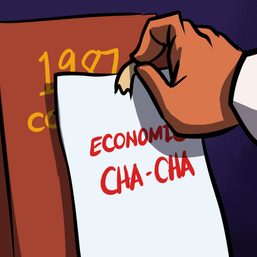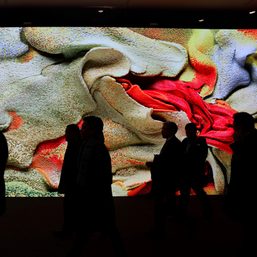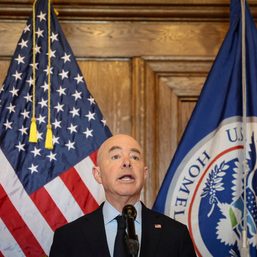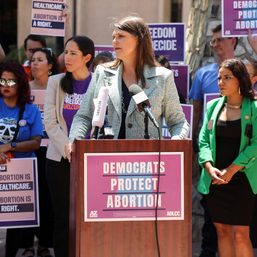SUMMARY
This is AI generated summarization, which may have errors. For context, always refer to the full article.

United States consumers were feeling less confident in October, a survey said on Tuesday, October 27, as rising coronavirus cases and a lack of economic stimulus clouded the forecast for the months ahead.
The Conference Board’s Confidence Index was at 100.9 this month, below expectations for it to increase further after it jumped to a downwardly revised 101.3 in September.
The survey found consumers’ perceptions of current business conditions improving, but the survey’s weakness came from a worsening outlook for the months ahead as the United States struggles with renewed COVID-19 outbreaks and Congress’ apparent failure to agree on new stimulus ahead of the November 3 presidential election.
“Consumers’ assessment of current conditions improved while expectations declined, driven primarily by a softening in the short-term outlook for jobs,” The Conference Board’s senior director of economic indicators Lynn Franco said.
“There is little to suggest that consumers foresee the economy gaining momentum in the final months of 2020, especially with COVID-19 cases on the rise and unemployment still high.”
The Present Situation index increased to 104.6 from 98.9 in September, as fewer consumers said business conditions were “bad,” and more people viewed jobs as “plentiful.”
However, the Expectations Index measuring views of business, hiring, and employment fell to 98.4 from 102.9 in September as the number of consumers expecting business conditions to improve decreased slightly, while those expecting them to worsen increased.
The numbers of people expecting both more and fewer jobs increased, as did the number expecting both increased and decreased income.
Consumers in recent months have felt the impact of the expiration of expanded unemployment benefits and a program of loans and grants for small business included in the $2.2-trillion CARES Act passed in March.
Lawmakers in Washington have been trying to negotiate a new agreement that could restore some of that aid, but disagreements over how much to spend and what to spend it on appeared to have torpedoed a deal ahead of the election next week.
The CARES Act helped spur the tentative economic recovery from the coronavirus downturn and the unemployment rate has declined steadily after spiking in April, but Robert Frick of Navy Federal Credit Union said that momentum has petered out.
“Given the future of the economy in the first two quarters of next year largely depends on a stimulus plan to keep the economy expanding and a sustainable reduction in COVID-19 levels – both of which are uncertain at this point – consumers have made a fair assessment,” Frick said.
“Expect confidence to jump higher once stimulus and vaccines are brought to bear on the fragile economy, especially in regards to employment.” – Rappler.com
Add a comment
How does this make you feel?


![[Time Trowel] Evolution and the sneakiness of COVID](https://www.rappler.com/tachyon/2024/02/tl-evolution-covid.jpg?resize=257%2C257&crop=455px%2C0px%2C1080px%2C1080px)












There are no comments yet. Add your comment to start the conversation.